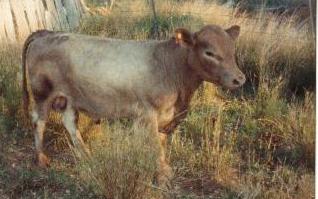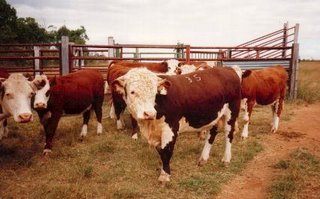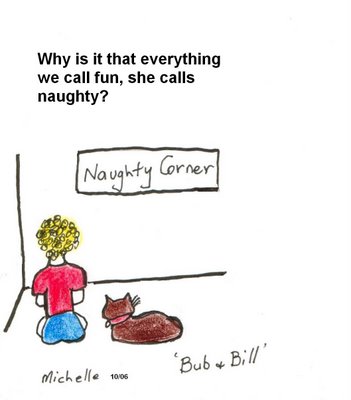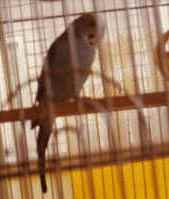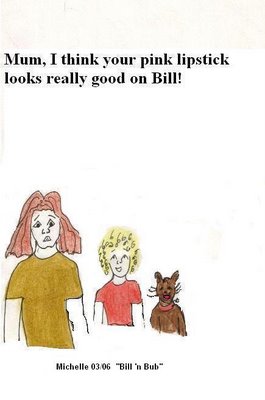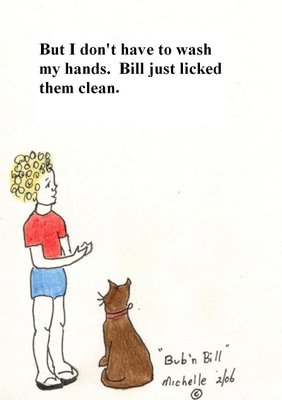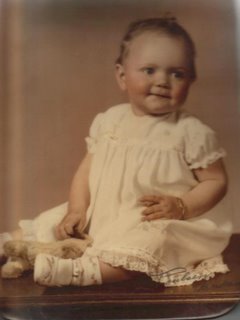On a personal level, we have lost treasured friends and dear acquaintances through ill health and unfortunate accidents.
Also I would like to include the sudden death of a fellow Queensland resident, the endearingly zealous and genuine conservationist, Steve Irwin.
I have never met Steve but our family has visited his wonderful Australia Zoo twice over the years and we have witnessed how he has invested money accumulated from his many enterprises back into the development of his zoo with the view to protecting endangered species.
It is humbling to acknowledge that he has spent his relatively short life and his family's income towards protecting other beings on this precious and increasingly fragile planet.
Below is a photograph we took in 1993 at Australia Zoo of the late Harriet the Galapagos tortoise. She would have been 163 years of age when this photograph was taken and she went on to live to 175 years in the best of retirement homes thanks to the Irwin Family.

So, given that it has been such a sad year, I have done something most unusual for me. I started celebrating Christmas on the 1st of December.
I have erected and decorated the Christmas tree.
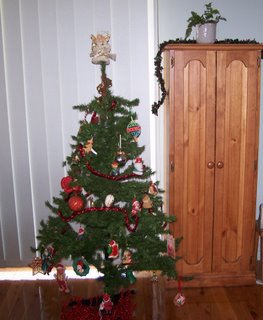 I have placed decorations about the living area and carefully displayed any Christmas cards given to us with their greetings of love and best wishes.
I have placed decorations about the living area and carefully displayed any Christmas cards given to us with their greetings of love and best wishes. I’ve been playing our Christmas carols CD, “Crooners at Christmas” for a fortnight.
I know it is annoying the rest of the family but there is nothing more soothing and reassuring than Dean Martin singing “Silent Night”.
I have been wearing Christmas themed earrings since the 8th of December when we attended our first Christmas function.
Our tasteful Christmas lights display was placed about the front patio of the house yesterday.
And, this week at work, I will be wearing reindeer antlers on my head to inspire and amuse the library patrons.
Yesterday I cooked the Christmas pudding.
Most importantly, on Christmas Eve, we will attend the beautiful church in town where we were married and the children were baptised.

Yes, everything is falling into place and I am feeling very relaxed and happy about this special season.
Christmas is not just for children, it is also for people who believe in the magic of Santa Claus and the message of hope, peace and love that was evoked by the birth of a baby.
Yes, Christmas is not just for children but for adults who refuse to be cynical and believe that, although it is mandatory to grow old, it is optional to grow up.
Peace on Earth and Goodwill to all.



